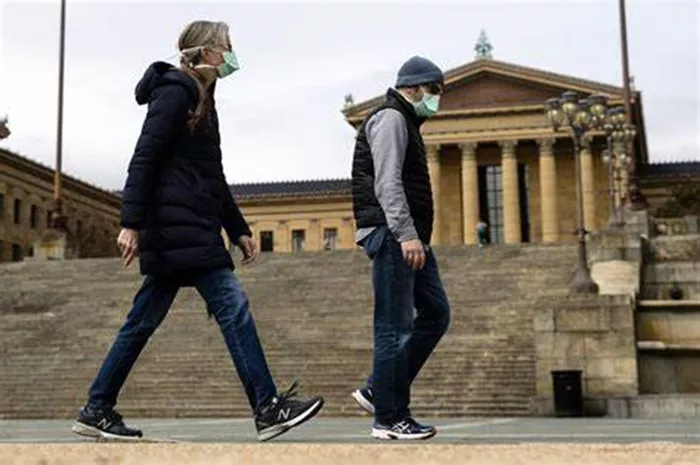The World Health Organization (WHO) has called for an end to the “collective amnesia” surrounding the COVID-19 pandemic, emphasizing the importance of safeguarding vulnerable populations as the northern hemisphere approaches winter. In a statement released on Wednesday, WHO officials underscored the need for immediate vaccination against respiratory diseases, particularly for at-risk groups such as the elderly, pregnant women, and individuals with chronic illnesses.
Dr. Hans Kluge, WHO Regional Director for Europe, expressed concern about society’s tendency to forget the severe impact of COVID-19, stating, “Individuals, communities, and countries understandably want to move on from the trauma of the pandemic years. Yet COVID-19 is still very much with us, co-circulating with other respiratory viruses.”
The WHO highlighted that respiratory viruses, including COVID-19, influenza, and respiratory syncytial virus (RSV), pose significant risks to these at-risk groups. As part of a comprehensive campaign to enhance public health protection across Europe, Dr. Kluge noted that approximately 72,000 seasonal influenza deaths occur annually in 53 countries across Europe and Central Asia, accounting for about 20 percent of the global burden. “The vast majority of these deaths can be prevented,” he added, urging vaccination as a proven method to avert illness and severe health outcomes.
Recent statistics from the WHO’s European region revealed over 278,000 reported COVID-19 cases and 748 deaths within a four-week period ending September 22. This region continues to report the highest numbers of cases globally, raising concerns that actual figures may be even higher due to underreporting.
Since the onset of the pandemic in late 2019, COVID-19 has claimed more than seven million lives worldwide, with the highest death tolls recorded in the United States (1.2 million), Brazil (702,000), India (534,000), and Russia (403,000).
Dr. Kluge also pointed to the emergence of unpredictable pathogens, referencing the unexpected arrival of the Mpox clade II in Europe in 2022, which continues to circulate, alongside ongoing threats from RSV and influenza. With colder weather prompting increased indoor gatherings, these viruses are expected to circulate with heightened intensity in the coming months.
To protect vulnerable populations, national health authorities must take decisive action, Dr. Kluge emphasized. He urged governments to invest more in public healthcare, which is crucial for supporting overburdened healthcare workers.
“New and existing viruses can wreak havoc on health systems, economies, and society,” he warned, calling for enhanced surveillance and monitoring to prepare for future health emergencies.
As part of its public health initiative, WHO Europe has outlined key protective measures against influenza and respiratory diseases. These include staying home when unwell, practicing hand and cough hygiene, and ensuring proper ventilation. The organization also recommends that vulnerable individuals, including those with weakened immune systems, wear close-fitting masks in crowded or enclosed spaces.
“Protecting against respiratory viruses is the shared responsibility of governments and society as a whole,” Dr. Kluge stated, encouraging a culture of care and solidarity with vulnerable populations.
Related Topics
What Are The Most Important Vitamins And Minerals?


































